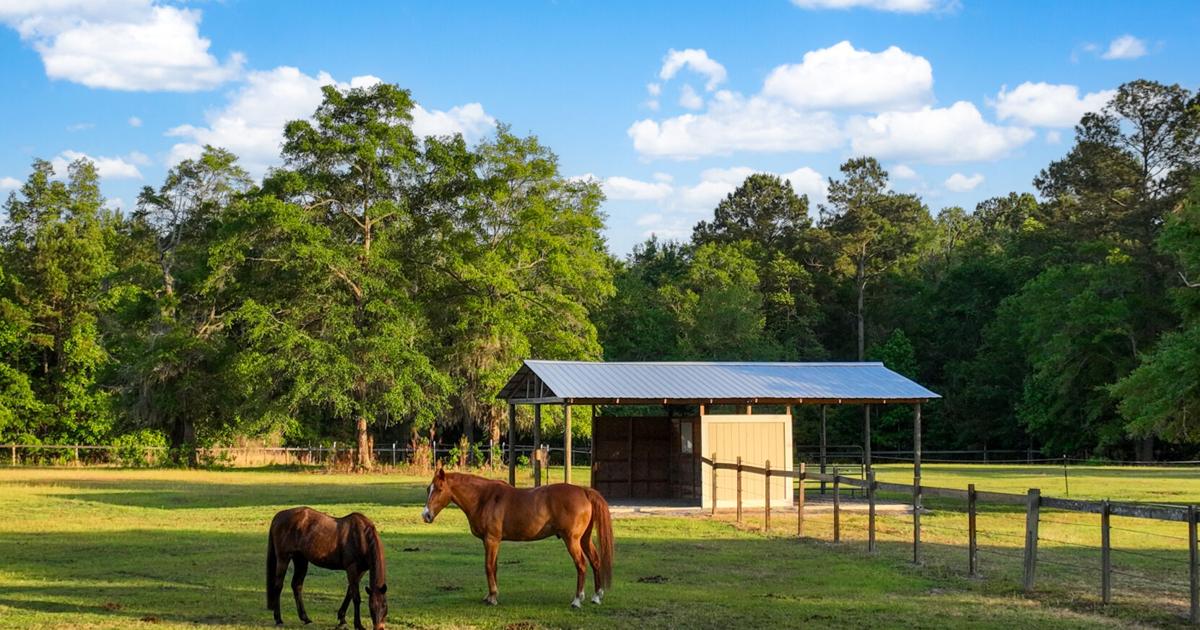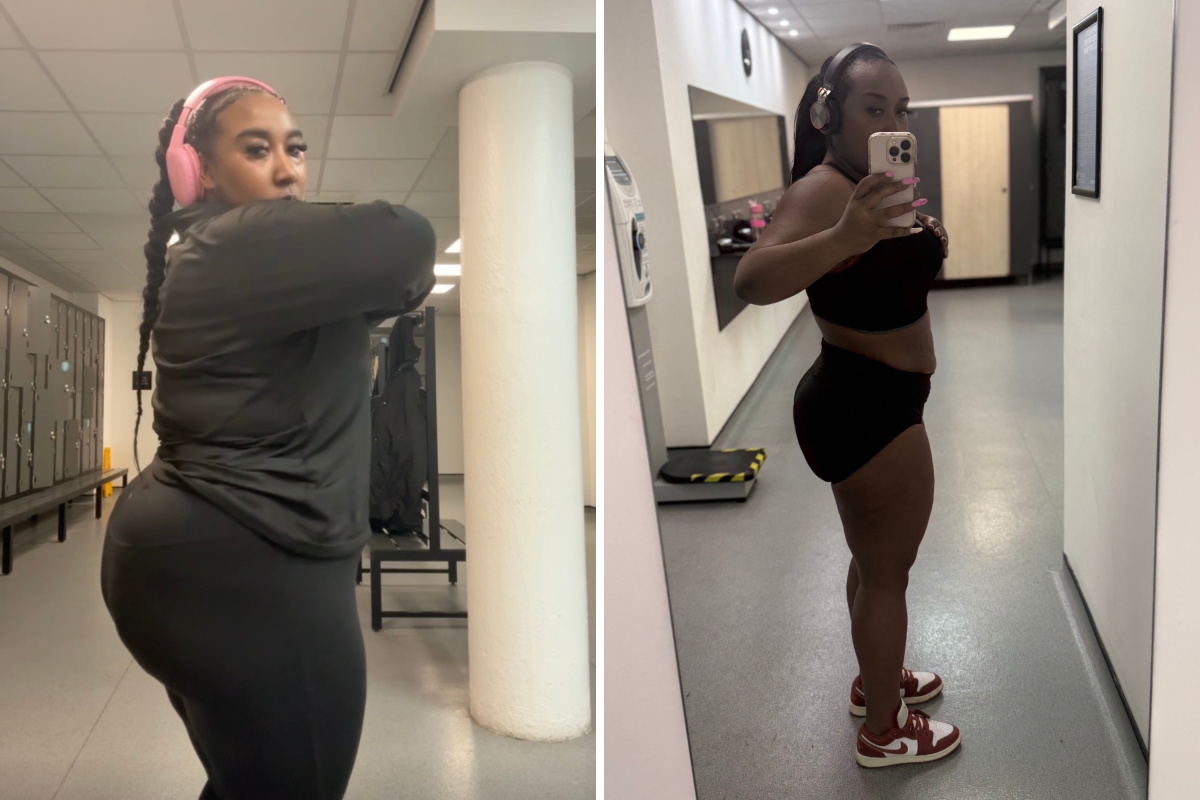Copyright Charleston Post and Courier

Mark Catesby, the celebrated 18th century English artist and naturalist, chose Charleston as his home base to explore the plants and animals of the Southeast. While he’s famous for his strikingly-painted Ivory-billed woodpeckers and Carolina Parakeets, he also took a considered look at the horses of the colony. Noting their unique lineage from horses left by early Spanish settlers with then–recently arrived English stallions, Catesby remarked that South Carolina had “a climate that breeds the finest horses in the world.” Lowcountry equine enthusiasts are still proud of their horses, and rightfully so. Trail riding, dressage, jumpers, English riding, Western riding, polo and hunting - every conceivable form of horsemanship may be enjoyed in the Charleston area. While our region hosts a number of well-regarded equestrian centers and boarding facilities, for many folks there’s no substitute for living side-by-side with their four-legged friends and enjoying the pleasure and convenience of having their very own piece of equestrian property. Who’s buying Realtor Terri Seignious has spent years helping people buy and sell properties in the Charleston area, and even longer loving and living with horses. As broker-in-charge at Seignious and Smith, she and business partner Ashley Smith Willis have made upwards of $40 million in equestrian property sales. “We have a lot of people from all over the country moving into the Charleston area,” Seignious says. “Lots of people come here for the quality of life … we have beaches, golf, and we have lots of equestrians.” It’s an intriguingly wide buyer profile. “We get lots of adult amateur riders. There are folks who want their horses at home, or conveniently located where they can ride during the weekend. We have a lot of families who have children who have started riding and showing and it has become a family thing.” The typical client ranges from middle aged to those starting their senior years. “With younger families, it’s the kids with ponies. But there are also lots of clients who are older and they grew up with horses and want to get back to that life.” It’s a competitive market and the general desirability of Charleston-area living is greatly multiplied when horses enter the mix. While the sea islands south of downtown were once ground-zero for those looking for equestrian property, clients are beginning to look further afield. “Johns Island and Wadmalaw have been good for many years,” notes Seignious. “Today, I’d also say Meggett, Hollywood and Ravenel, but we are also moving closer to Awendaw and property on the north side of the county.” Demand is pushing clients towards Dorchester and Berkeley counties, too: she notes clients are increasingly looking at Cottageville, Ridgeville and rural land north of Moncks Corner to find land that suits both their needs and their budgets. Of course, there are some for whom budgets are less important than having it all, and the South Carolina Lowcountry offers such clients nothing short of horse heaven. Hale McCullough of Holcombe, Fair and Lane is no stranger to grand rural properties, from some of the largest and most highly-pedigreed acreage in the ACE Basin to the freshly under contract Barleau Plantation near Moncks Corner. While a property like Barleau Plantation has much to recommend it, from a handsome and well-appointed 3,320-square-foot main residence to the 10-acre pond, the equestrian facilities are nothing short of top-notch. “Barleau has a barn and fenced paddock, with an office. When they built it, they incorporated an old bank teller’s station with the old iron bars so it adds a lot of character,” McCullough says. With four stalls in the barn, a 2-acre fenced paddock and loads of well-tracked trails throughout the property, it’s a horse rider’s dream. Large tracts located at greater distances from town also lend themselves to another traditional sporting use — hunting. “My average client is not necessarily an equestrian client,” explains McCullough. ”But hunting is a big draw. A lot of these plantations are quail hunting plantations, and riding is a big part of what they do, a lot of people still hunt quail off horseback.” For a few with the desire, the facilities and the space, horses are part of another part of rural sporting life, as well. “There’s still a fox hunting crowd in the Lowcountry, so there’s still equestrian use for those who want to host fox hunts.” Not horsing around The search for the perfect piece of equestrian property might lead a buyer toward far-off pastures, but some essentials remain, regardless of where they are looking. “Proper zoning is the must-have,” says Seignious. Property must be designated agricultural or agricultural/residential for equestrian use and, crucially, the specifics change from county to county. This isn’t just paperwork, and without the right designation, equestrian operations can quickly run afoul of local ordinances. “The first thing we do if we’re looking at a property for a client is to call the county and check to make sure the zoning is good for what they want to use it for,” notes Seignious. Such precautions, coming long before any offer is made, ensure that buyers don’t run into red tape after closing when it’s time to begin work on barns, arenas, or fences. After governmental considerations are handled, a practical examination of the land follows. “High, dry ground with good grass” is the gold standard, according to Seignious. “Horses can’t be kept in mud to their knees,” she remarked; elevation and drainage are paramount. Here in the flat, swampy terrain of the Lowcountry, low-lying acreage may look lush, but it could mean a future of lameness and hoof disease for animals living in it. Further, having the proper grass for grazing horses is important. Bahia grass is the common pasture of choice. Seignious notes, “Bahia grows well and withstands drought,” offering a resilient, low-maintenance forage that holds up to high traffic and hot Carolina summers. For undeveloped parcels, practical matters multiply. Percolation, or “perc” tests, show how readily a rural property can adopt a septic system. Access to clean, reliable water is nonnegotiable, too, whether from a municipal supply or well. In some cases, “the house may be in the city, but the barn on well water,” Seignious notes, a balance that can make rural living both sustainable and affordable. The best equestrian properties, then, are not just beautiful expanses of green but rather carefully balanced environments, where zoning, soil, elevation, and infrastructure all work together to support the health of the horses and the peace of mind of their owners. Home is where the horse is When all these elements have been satisfied, the client can pivot to the more common question in real estate: Do they like the house? Those who are willing to start from scratch and build on raw land are few and far between. At the higher ends of the market, even “fixer-upper” properties are often skipped over. “If it’s turnkey and ready for horses on day one, then there’s certainly a premium on equestrian facilities,” explains McCullough. ”If it’s a fix-and-improve, then there’s not the same pricing than for a turnkey … and if it’s a ‘project,’ that’s the same as unimproved.” Still, many are willing to wait just a little longer past closing time before bringing in their equine companions. “Lots of buyers would rather find a house, then put in the infrastructure,” says Seignious. Fencing, pastures, paddocks, barns and sheds can all come secondary to the home itself. Because every rider’s needs differ, each individual property client will have their own wish list of improvements. Seignious explains that it all just depends on their horse-riding discipline. "Dressage, hunter/jumper, or maybe they’re Western riders … each one has its own requirements.” With a history of horse racing and ownership in Charleston, thousands of horse lovers still enjoy the outdoor equestrian lifestyle in the Lowcountry. From stables that offer riding lessons to the Mullet Hall Equestrian Center at Johns Island County Park, the equestrian community is strong here and growing, bolstered by the popularity of rodeos and events such as this weekend's Steeplechase of Charleston at the Stono Ferry Racetrack in Hollywood. And for those looking for the perfect property to live and house their horses, opportunities abound.



